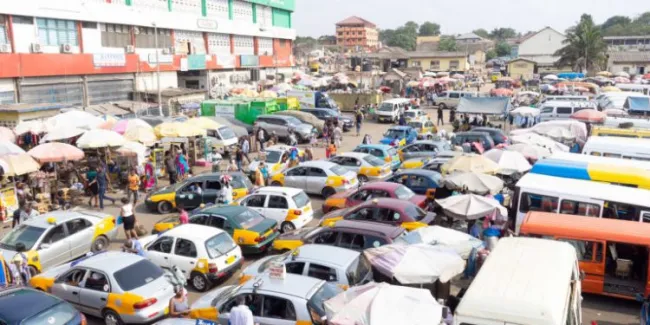Transport unions threaten nationwide strike over new GHC1 fuel levy

Commercial transport operators across Ghana have issued a strong ultimatum to the government, demanding the immediate reversal of the newly imposed GH¢1 energy sector levy on petroleum products.
They are warning of a nationwide sit-down strike if their demands are not met.
In a joint statement released on Thursday (5 June), the Ghana Private Road Transport Union (GPRTU) and allied transport groups said the levy would have devastating consequences for both operators and commuters, particularly those in the informal economy who rely heavily on public transportation.
“This levy will not only cripple our business but will also have a ripple effect on the entire economy, especially on low-income earners who depend on public transport daily,” the statement read.
Demands
The transport unions have outlined two main demands: immediate removal of the GH¢1 energy sector levy and inclusive stakeholder consultation to address the energy sector’s challenges without overburdening commuters and transport operators
The groups have set a deadline of Tuesday (10 June), after which they say they will embark on a nationwide sit-down strike if government fails to act.
Alhaji Abass Imoro, National P.R.O of the GPRTU, said in an interview that operators were not consulted prior to the levy’s introduction.
“Imposing taxes without consultation and consideration of its impact is not the way forward,” he said.
“We urge the government to reconsider this policy and engage all relevant stakeholders in a dialogue that leads to fair and sustainable solutions,” he added.
Defence
The warning comes hours after President John Mahama signed the Energy Sector Levy (Amendment) Bill into law. Government officials argue the GH¢1 per litre levy is a necessary step to address Ghana’s growing energy sector debt and ensure uninterrupted power supply.
However, critics say the policy risks increasing the cost of living and transportation fares across the country.
With tensions rising, the threat of a nationwide transport shutdown looms large, setting the stage for a critical test of the government’s engagement with key sectors affected by the new tax.




